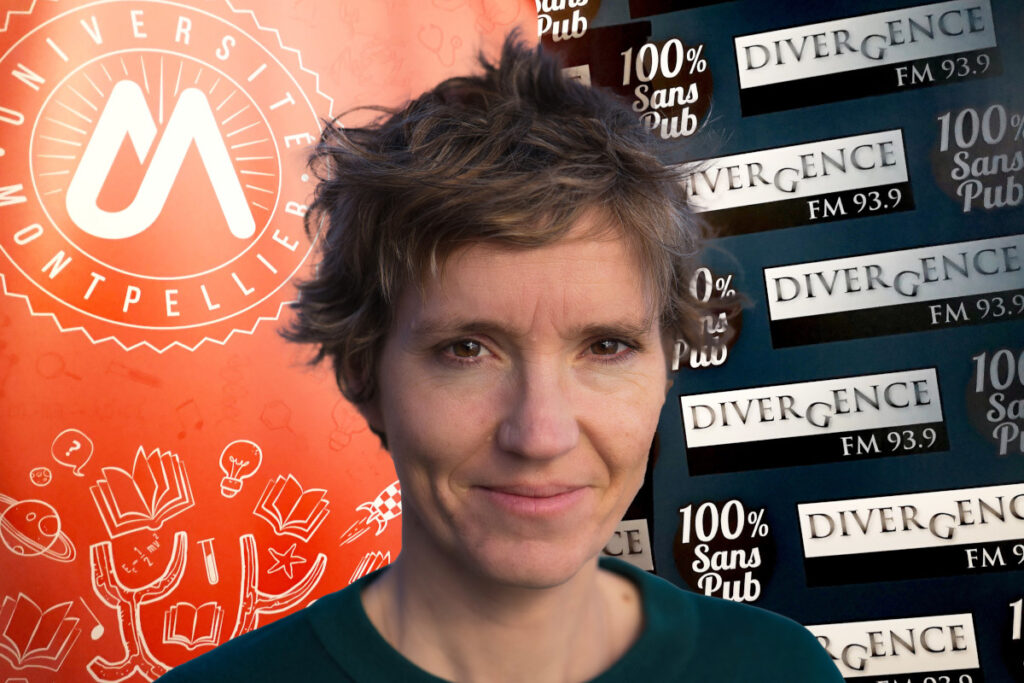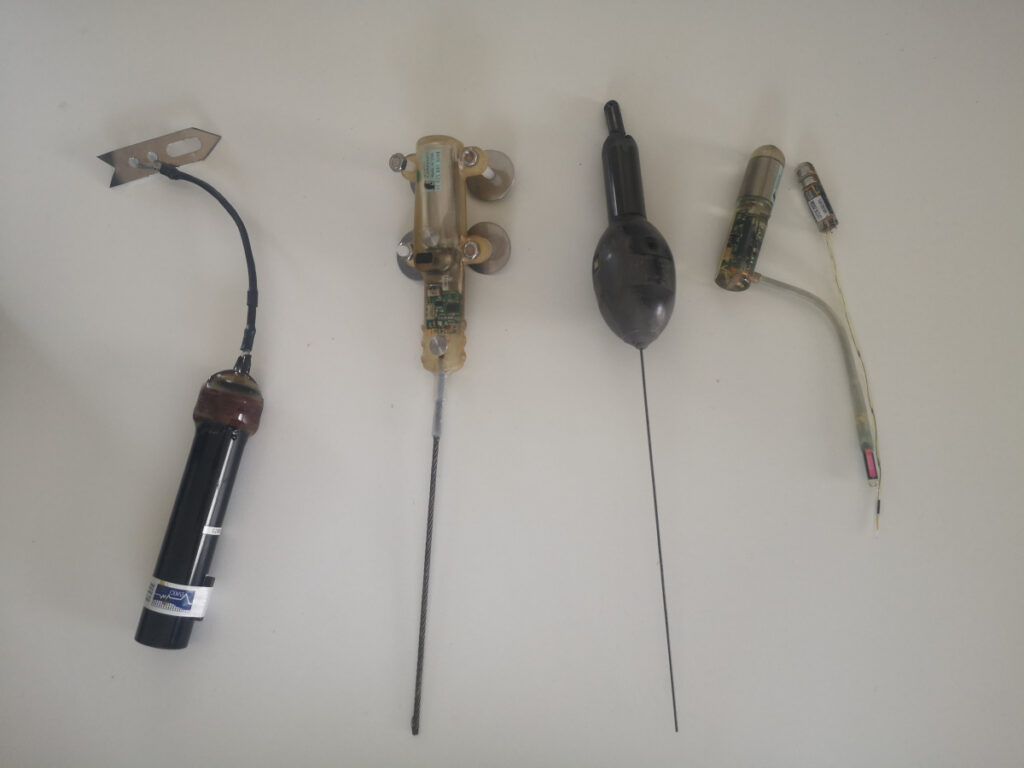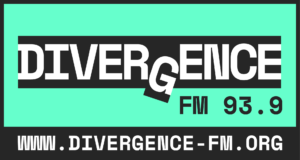Science at UM [S02-ep27]: From local food policies to bio-logging
This week on A l’UM la science, Coline Perrin, a geography researcher at the Innovation Laboratory, talks to us about the role of food policies in relations between cities and the countryside. Then the report takes us to Sète, where the coastal and marine research center has just opened its doors. Finally, the guest for the last three minutes is Agnès Lèbre, astronomer and deputy director of the Montpellier Environment Research Observatory (OREME). The program is broadcast on Divergence FM-93.9 every Wednesday at 6 p.m.

In 2014, following the enactment of the Law on the Future of Agriculture, Food, and Forestry, the Montpellier metropolitan area was the first in France to launch its own agroecological and food policy, known as P2A. Its goal: to provide healthy, locally sourced food to as many people as possible, while supporting the local economy and employment in agriculture and agri-food. In ten years, the number of wine-growing estates in the metropolitan area has fallen from 703 to 299, and more than 84% of the estates in the area currently have no successor. P2A also means , preserving the landscape and natural resources, adapting to climate change by limiting greenhouse gas emissions, and finally promoting social cohesion, particularly the links between the city and the countryside.
Since then, the idea has spread throughout the country and is now being implemented in the form of PATs, or local food projects. In 2015, the Metropolis signed the Urban Food Policy Pact in Milan, alongside around a hundred other cities around the world. In 2019, it hosted the5thsummitof this pact, bringing together more than 200 cities. But how can these multitude of local projects really change the relationship between city and countryside? That is the question we are asking our guest today. Coline Perrin is a researcher at INRAE in the innovation laboratory. She has studied these approaches to relocalization or reterritorialization of food policies, focusing on PATs.
In the second part of the program, we head to Sète, where the Celimer coastal and marine research center has just opened its doors on the Ifremer site. Laurent Dagorn from the Marbec laboratory takes us to the biologging platform, a technique for tagging animals with beacons that allow their movements to be tracked.

Finally, our guest for the last three minutes is Agnès Lèbre, astronomer and deputy director of the Research Environmental Research Observatory (Oreme), who will be giving a lecture on June 26 at 2 p.m. on the Triolet campus on the environmental impact of digital technology.
At UM Science, you have the program, so let's get started!
Co-production: Divergence FM / University of Montpellier
Host: Lucie Lecherbonnier
Interview: Lucie Lecherbonnier / Aline Périault
Reporting and editing: Lucie Lecherbonnier
Production: Naomi Charmetan
Listen to the program “A l’UM la science” on Divergence FM 93.9

Find UM podcasts now available on your favorite platform (Spotify, Deezer, Apple Podcasts, Amazon Music, etc.).